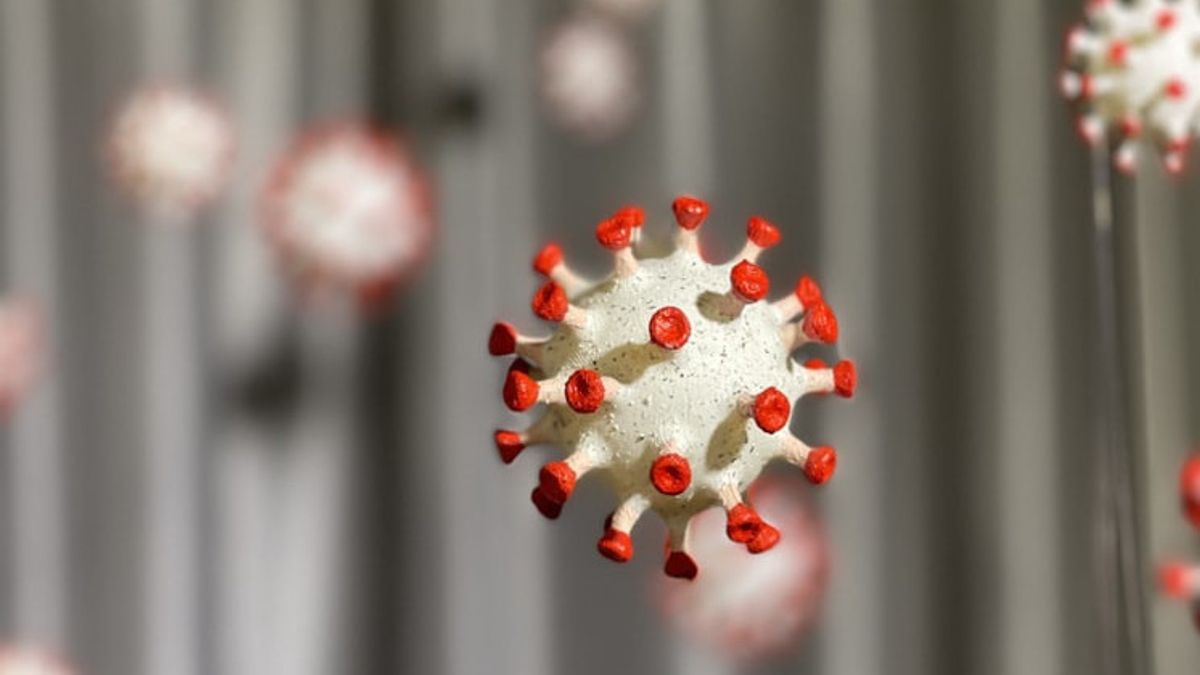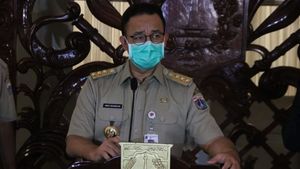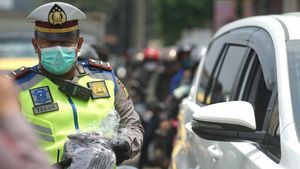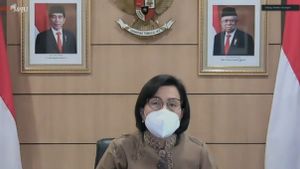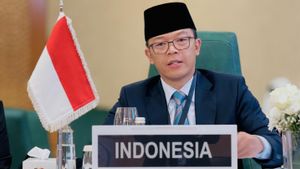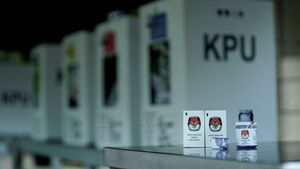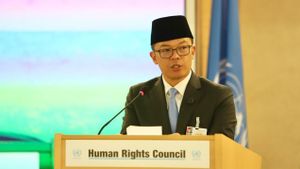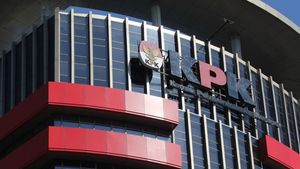JAKARTA - The initiator of the LaporCovid-19 volunteer, Irma Hidayana, urged the government to apologize to the public for handling the COVID-19 pandemic inappropriately.
Currently, the number of COVID-19 in Indonesia is soaring. The addition of new daily cases in a row hit a new record. Many hospitals are no longer able to accommodate COVID-19 patients. Until the availability of oxygen is running low.
"I think an apology and acknowledgment of the current government is needed. Please acknowledge this situation which is already an emergency and chaotic, apologize, and provide concrete assistance", said Irma in a virtual discussion, Monday, July 5.
The government, in a statement, admitted that it had instructed hospitals to convert more treatment beds and special ICUs for COVID-19.
However, Irma admitted that the LaporCovid-19 team had found it very difficult to find a hospital that still provided beds for patients with confirmed Coronavirus.
"We are flooded with messages from residents asking for help to get medical services. But, for the most part, 90 percent of it doesn't work. Now there are too many morbidity and mortality rates that have actually been prevented", said Irma.
Not to mention, the government is still adamant about the bed occupancy data they collect. In fact, LaporCovid-19 found data delays regarding the availability of isolation beds and the COVID-19 ICU. He gave an example of the availability of beds on the official channel of the DKI Health Office, namely http://eis.dinkes.jakarta.go.id.
SEE ALSO:
The site listed several beds available in several hospitals. After the LaporCovid-19 team confirmed to the hospital, it was full.
"The hospital beds in the field are full. But the data still exists and the government uses this data, data that is only statistical figures. Not data that reflects the situation on the ground", she said.
Irma admitted that the government had indeed taken precautions to deal with COVID-19. However, the steps taken were not effective.
The government, according to him, still prioritizes economic recovery over health because a lot of the budget for health care is still minimal.
"Prevention by the government is not effective. The handling of public health is still number two compared to economic policies. If it is effective, we will not get to a spike-like this", said Irma.
"We ask the government to end all communications that portray that we are okay. We are not okay, because the image that shows that we are okay only grows public awareness", he concluded.
The English, Chinese, Japanese, Arabic, and French versions are automatically generated by the AI. So there may still be inaccuracies in translating, please always see Indonesian as our main language. (system supported by DigitalSiber.id)
